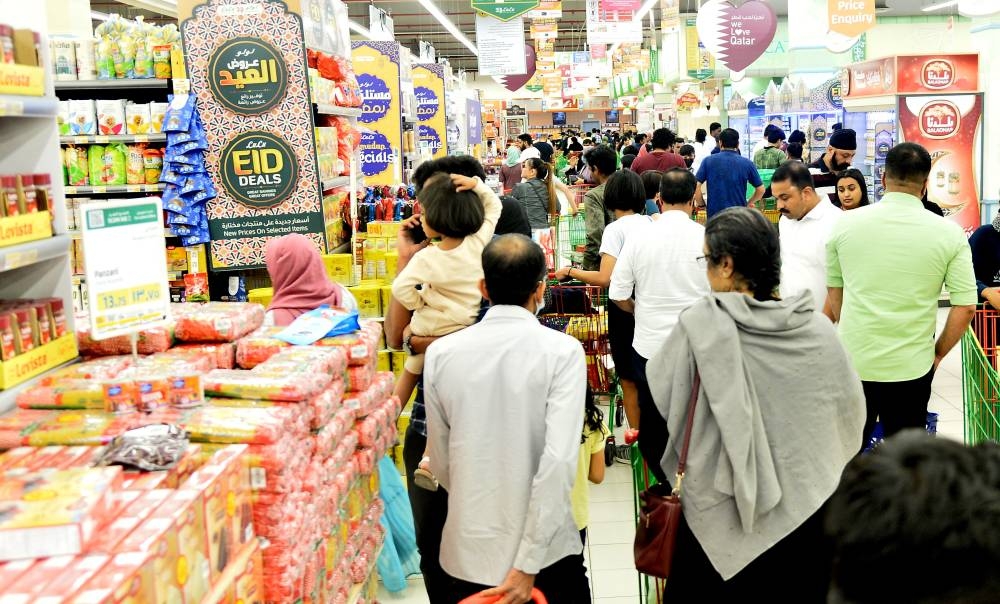Qatar’s food consumption is expected to grow at a compound annual growth rate (CAGR) of 3% to reach 2.5mn tonnes by 2027, according to Alpen Capital.
Although the country’s population is expected to grow at a relatively slower pace (0.8% CAGR) compared to the other GCC nations over the five- year period, the food sector is likely to be driven by a “revival” in the tourism industry, the researcher noted in its latest report.
The country's tourism authorities have established ambitious goals to sustain and attract an increasing number of visitors each year following the successful completion of the 2022 FIFA World Cup as part of its long-term strategy.
Some of the major international sporting events lined up to take place in the country over the next few years include the Formula 1, TP Tennis Competition, International Golf Championship, World Championship of Motorcycles, 2024 World Aquatics Championships, 2030 Asian Games, European Tour Golf and MotoGP, among others.
“The government has also taken initiatives such as offering free visa to over 95 countries, and a 96-hour free transit visa is currently under evaluation to enhance the tourism industry,” Alpen Capital noted.
Such initiatives and sporting events are likely to increase international tourist arrivals, which bode well for the domestic food industry.
Moreover, the country’s GDP is expected to witness a 3.9% growth over the next five-years driven by accelerated reforms under the 3rd National Development Strategy that aims to boost productivity and promote economic diversification.
Following the blockade imposed on the country in 2017, Qatar has ramped up its food production capacity while also developing alternative trade links for its food supply.
The country had developed a ‘National Food Security Strategy’ (2018-2023) and is currently formulating the new Qatar National Food Security Strategy (2023-2030) that aims to improve self-sufficiency, strategic reserves, enhance international trade, and streamline the domestic market.
Such initiatives are likely to improve the nation’s food security while boosting demand for home-grown produce, Alpen Capital noted.
Consumption of vegetables and fruits is estimated to grow at a CAGR of 3.4% each between 2022 and 2027, the highest among all food segments in the country, followed by cereals and milk/dairy categories at 3.2% CAGR and 2.9% CAGR, respectively.
On the other hand, consumption of meat is expected to report a growth of 2.8% CAGR, followed by ‘others’ at 1.7% CAGR over the five-year period.
The overall per-capita consumption pattern in Qatar is expected to grow at a CAGR of 2.2% during the forecast period, Alpen Capital said.

A busy hypermarket in Doha. FILE PICTURE: Shaji Kayamkulam

